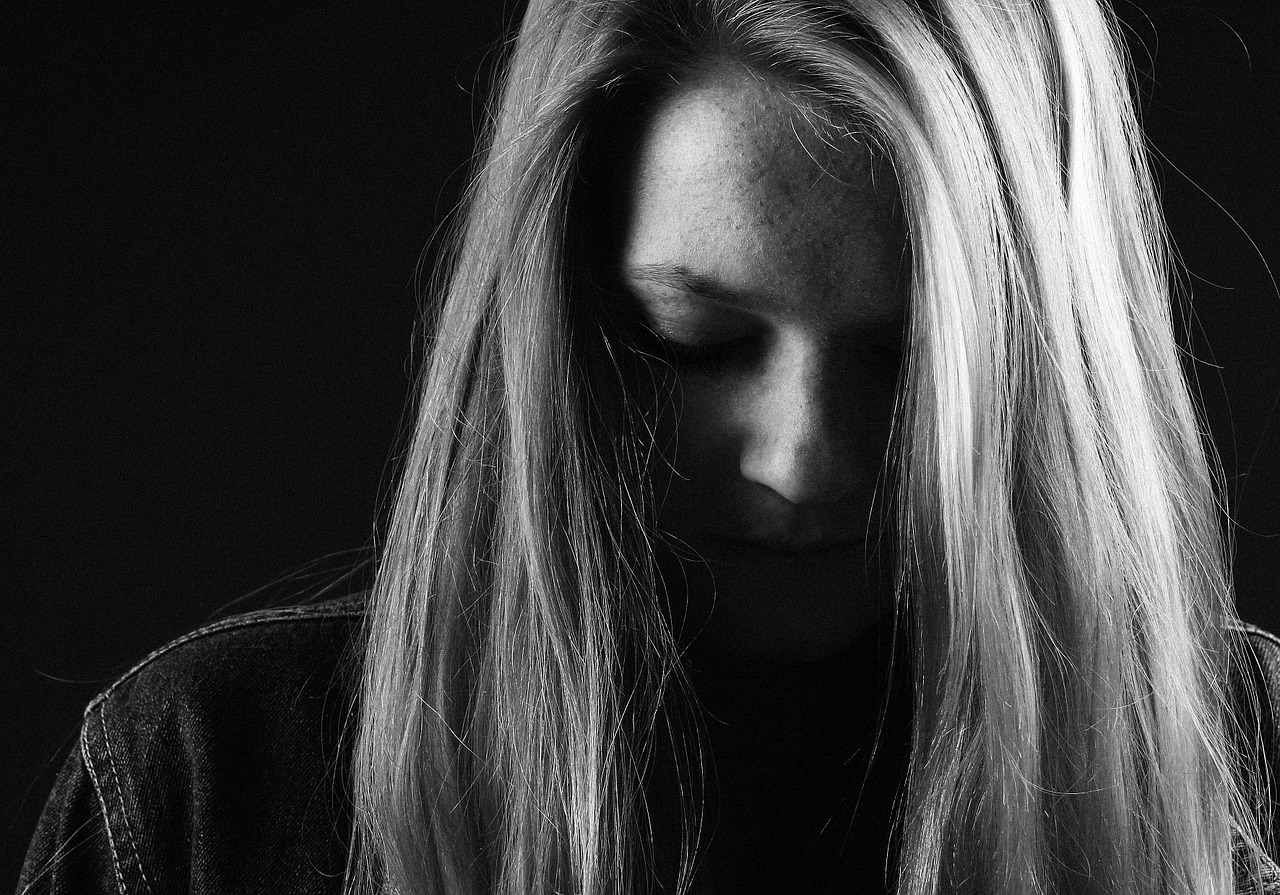Breakup Depression: Navigating Through the Storm – Breaking up with someone you love can be one of the most emotionally challenging experiences in life. Whether it was a mutual decision or not, the aftermath of a breakup can leave you feeling lost, hurt, and overwhelmed. This rollercoaster of emotions is often referred to as breakup depression, and understanding its impact is crucial for healing and moving forward.
Breakup Depression: Navigating Through the Storm

Understanding the Emotional Impact
The Rollercoaster of Emotions
Breakup depression is characterized by a whirlwind of emotions. One moment you may feel angry and resentful, the next overwhelmed with sadness and loneliness. It’s normal to experience a range of feelings during this time, and it’s essential to acknowledge and validate them.
Feelings of Rejection and Abandonment
One of the most common feelings associated with breakup depression is a sense of rejection and abandonment. Even if the breakup was amicable, it’s natural to question your self-worth and wonder why the relationship didn’t work out. These feelings can intensify if you were blindsided by the breakup or if your ex has moved on quickly.
Loss of Identity and Self-Worth
A breakup can shake the foundation of your identity and leave you questioning who you are without your partner. You may have spent months or even years building your life around them, making it challenging to envision a future without them. This loss of identity can lead to a decline in self-worth and self-esteem, making it even harder to cope with the breakup.
Coping Mechanisms During Breakup Depression
Seek Support from Loved Ones
During times of distress, it’s essential to lean on your support system for comfort and guidance. Reach out to friends and family members who can offer a listening ear and a shoulder to lean on. Surround yourself with people who uplift and support you, reminding you that you are not alone in your pain.
Therapy and Counseling
Seeking professional help is often beneficial when navigating breakup depression. A therapist or counselor can provide you with the tools and strategies needed to cope with your emotions effectively. They can also offer a safe space to explore your feelings and gain insight into the underlying causes of your depression.
Engage in Self-Care Activities
Practicing self-care is essential for healing and self-discovery. Take time to engage in activities that bring you joy and relaxation, whether it’s reading a book, going for a walk in nature, or indulging in a spa day. Nurturing your mind, body, and spirit is crucial for rebuilding your sense of self and finding inner peace.
Overcoming Breakup Depression
Acceptance and Letting Go
Accepting the end of a relationship is a vital step in the healing process. While it may be painful to acknowledge, clinging to false hope or dwelling on what could have been will only prolong your suffering. Embrace the reality of the situation and allow yourself to let go of the past, freeing yourself to embrace the future.
Rediscovering Yourself
Use this time of transition as an opportunity to rediscover who you are outside of the relationship. Reconnect with hobbies and interests you may have neglected, set new goals for yourself, and explore your passions. Focus on personal growth and self-discovery, allowing yourself to evolve and thrive independently.
Embracing New Beginnings
While the end of a relationship may feel like the end of the world, it’s essential to remember that it’s also the beginning of a new chapter in your life. Embrace this opportunity for growth and transformation, and approach the future with optimism and resilience. Trust that better things are on the horizon, and allow yourself to open your heart to new possibilities.
Conclusion
Breakup depression is a challenging but temporary state of being. By acknowledging your emotions, seeking support, and practicing self-care, you can navigate through this difficult time and emerge stronger and more resilient than ever before. Remember that healing takes time, so be patient with yourself and trust that brighter days are ahead.
FAQs
- Is breakup depression normal? Yes, breakup depression is a common emotional response to the end of a relationship. It’s essential to allow yourself to feel and process your emotions without judgment.
- How long does breakup depression last? The duration of breakup depression varies from person to person. While some may begin to feel better after a few weeks or months, others may take longer to heal. It’s essential to be patient with yourself and give yourself the time and space you need to heal.
- Should I stay friends with my ex after a breakup? Whether or not you should remain friends with your ex depends on your individual circumstances and feelings. If maintaining a friendship feels healthy and beneficial for both parties, it may be worth considering. However, if it hinders your healing process or brings up unresolved emotions, it may be best to maintain distance.
- Is it normal to still miss my ex after breakup depression? Yes, it’s normal to miss your ex even after breakup depression has subsided. Healing from a breakup is a gradual process, and it’s natural to have moments of nostalgia or longing for the past. Allow yourself to acknowledge these feelings without dwelling on them excessively.
- How can I know if I need professional help for breakup depression? If you’re struggling to cope with breakup depression or if it’s interfering with your daily functioning and well-being, it may be helpful to seek professional help. A therapist or counselor can provide you with the support and guidance you need to navigate through this challenging time.




